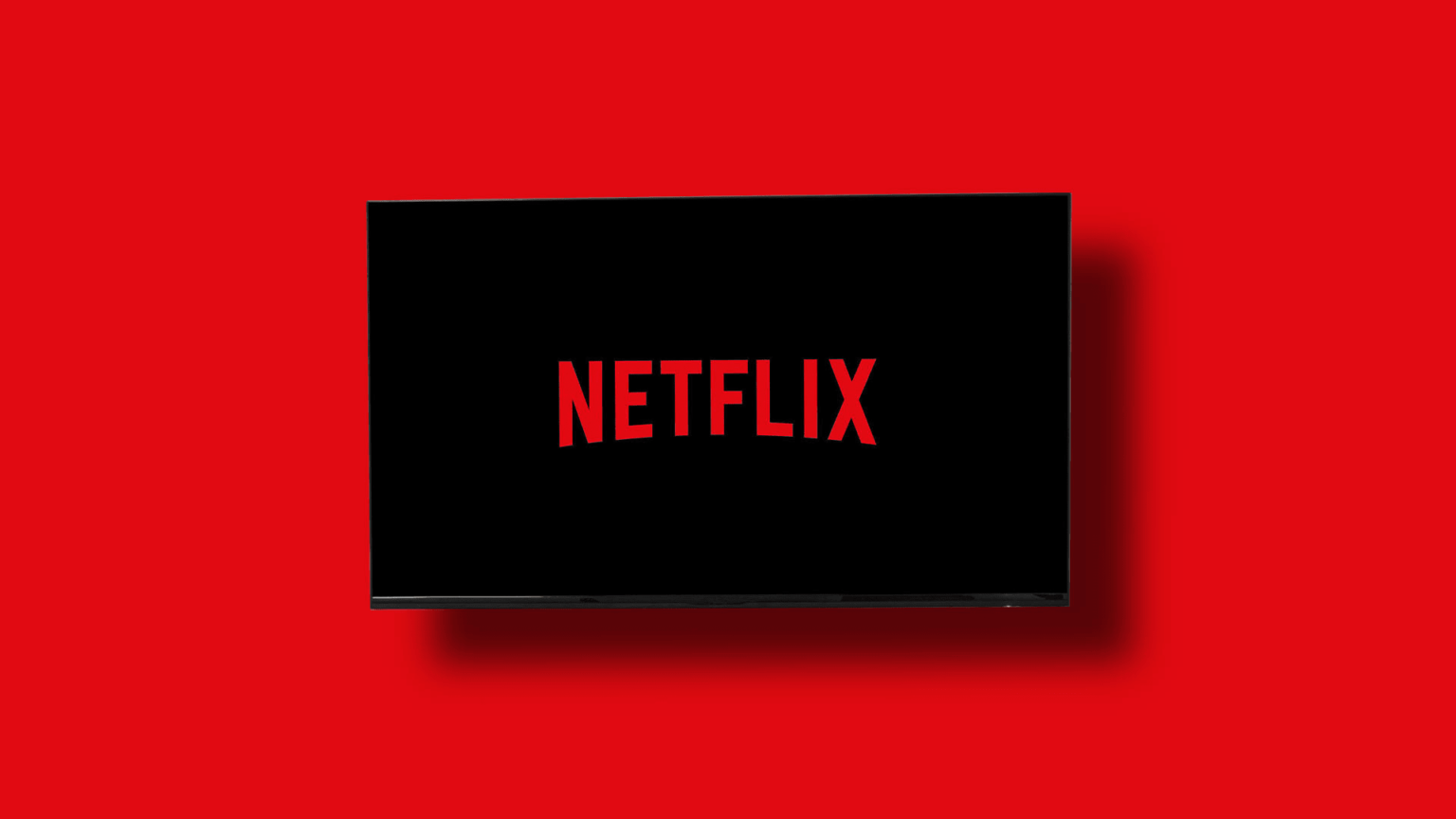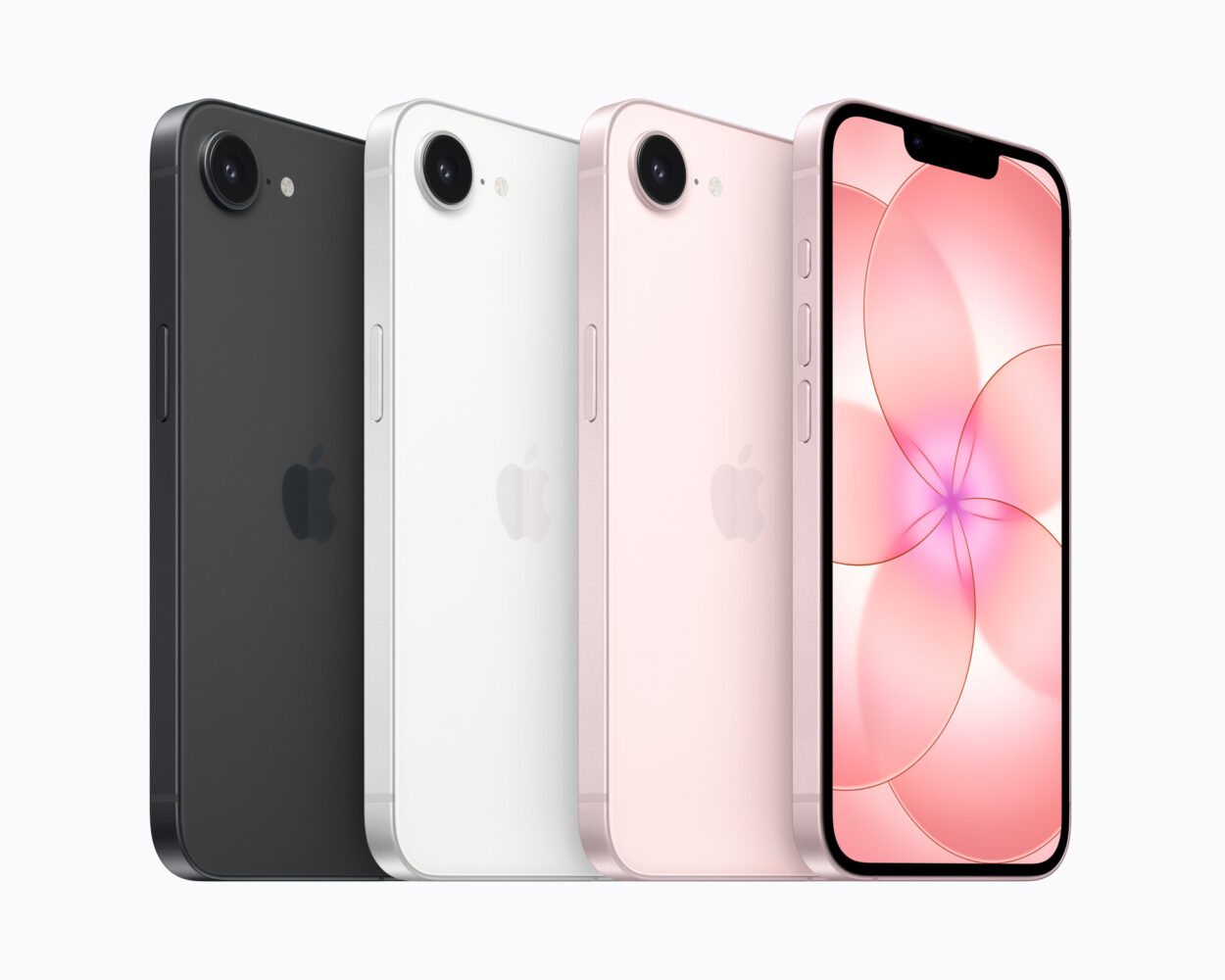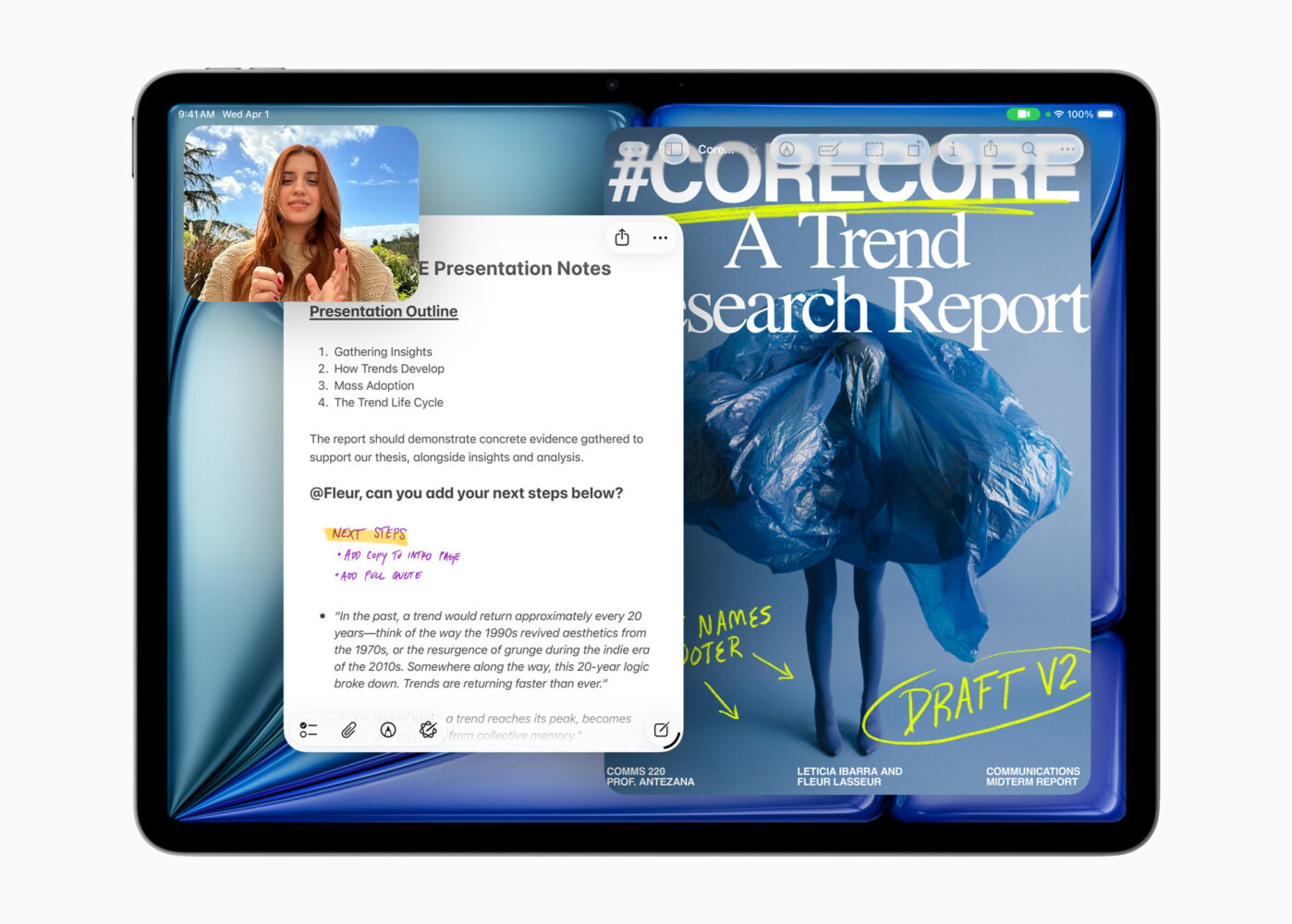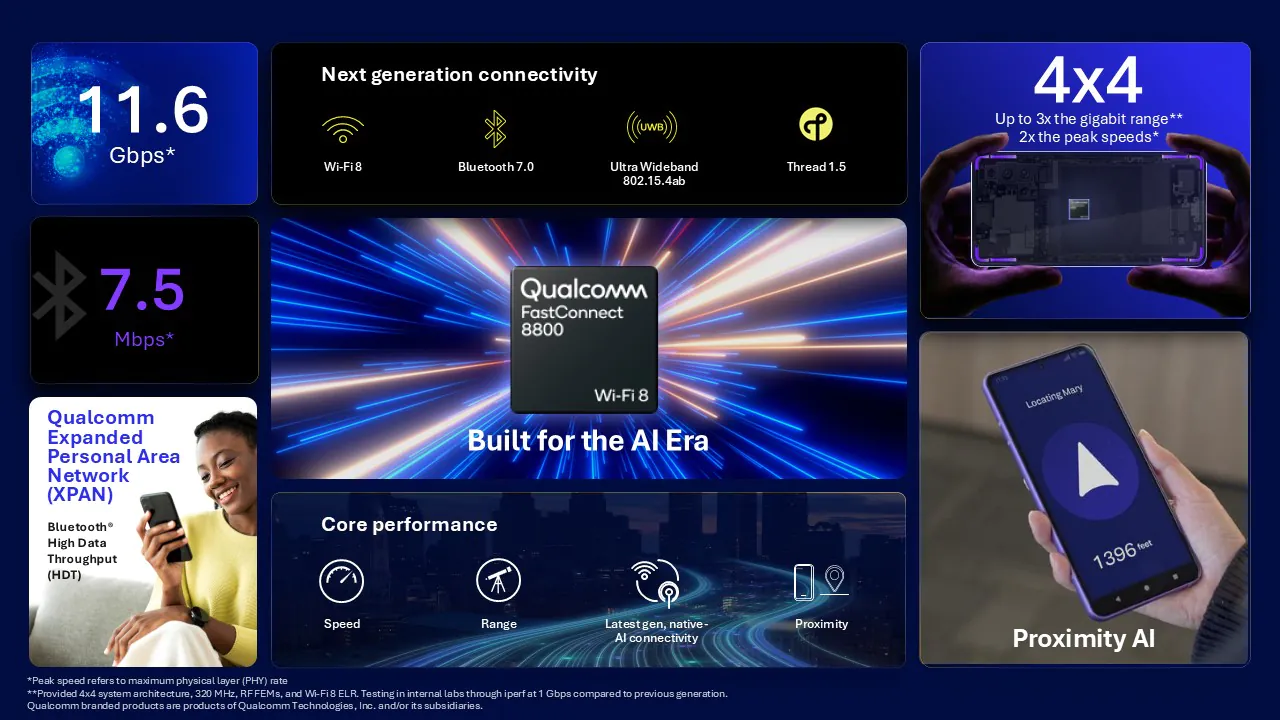Netflix has formally issued guidelines on the use of generative AI in productions, setting boundaries for how its partner studios and filmmakers can integrate the technology. The move follows backlash last year when AI-generated images appeared in the true crime documentary What Jennifer Did, and comes after the streamer used AI footage for the first time in The Eternaut to depict a building collapse—an effect Netflix claimed was produced ten times faster than with traditional VFX tools.
Under the new rules, production partners must notify Netflix of any planned AI use. In some cases, they can proceed with just a heads-up; in others, they are required to seek written approval. The company’s stated goal is to ensure transparency, avoid copyright disputes, and prevent the misuse of performers’ likenesses.
Key requirements include ensuring that AI outputs do not replicate copyrighted material, real people, or unlicensed intellectual property. Generative tools used in production should not store or train on production data, and they should operate within secure, enterprise-level environments to protect inputs. Importantly, Netflix emphasizes that AI-generated material should remain temporary—serving as a placeholder rather than part of final deliverables—unless explicitly approved.
Certain applications automatically require written approval, such as using Netflix’s proprietary data to train AI, creating primary characters or fictional settings with AI, generating digital performers or voices, or using prompts that reference public figures and copyrighted works. One of the strictest prohibitions is on recreating real people, events, or statements, with Netflix explaining that audiences must be able to trust what they see on screen.
The guidelines reflect a cautious balancing act. While Netflix executives like co-CEO Ted Sarandos have praised AI’s efficiency—citing faster turnaround times for complex VFX sequences—the company also faces skepticism from unions, artists, and viewers concerned about authenticity and labor displacement.
The debate extends across the industry. Directors such as James Cameron have also endorsed AI’s potential to accelerate production timelines, but critics argue that relying too heavily on machine-generated content risks eroding creative integrity and undercutting human artistry.
Netflix’s new framework signals that while the company is committed to using AI for speed and cost efficiency, it is equally aware of the reputational and legal risks that come with unregulated adoption.







